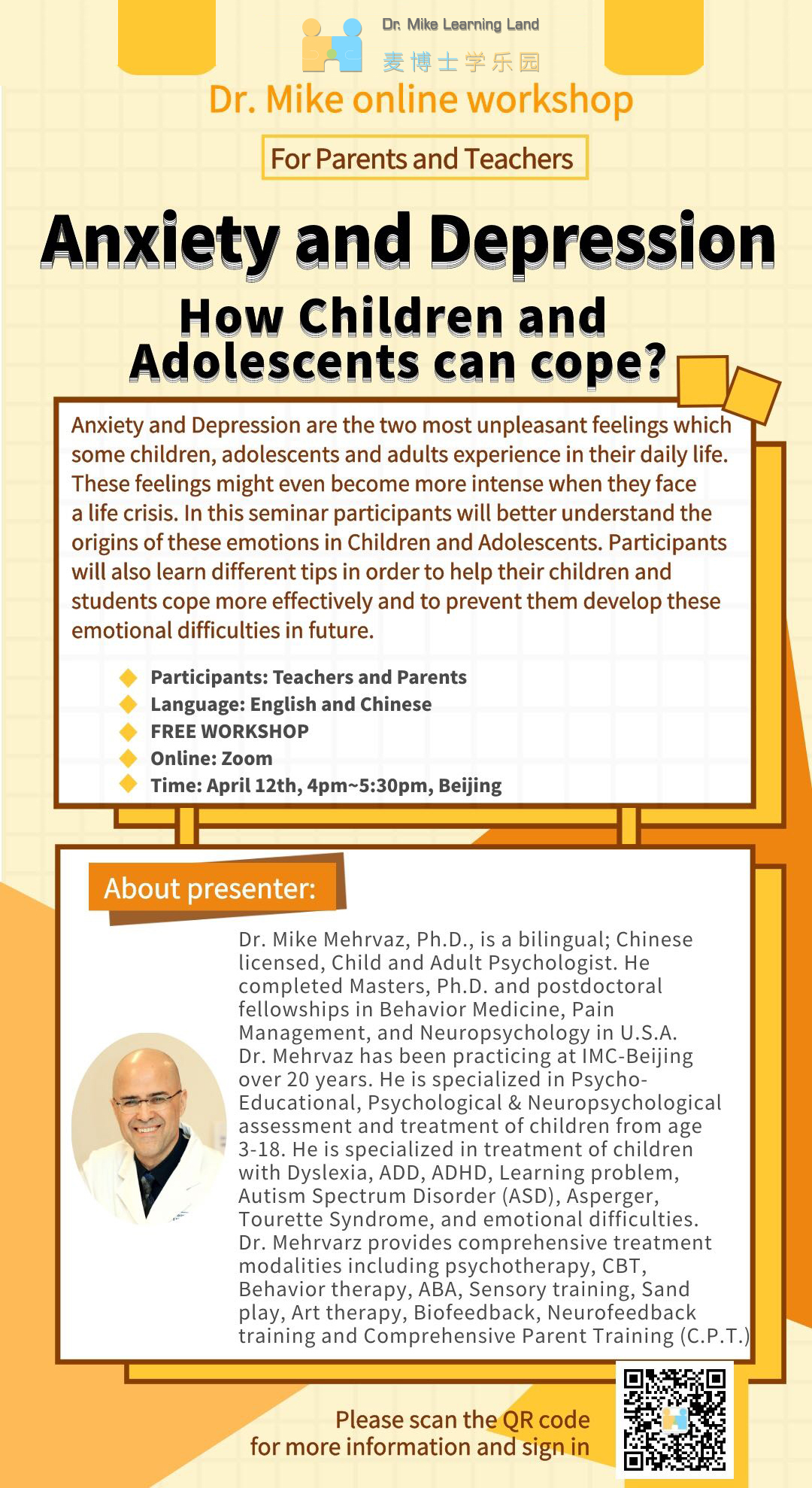When my friends and I reminisce on our childhoods, we mostly settle on farming terms. We call it a mixture of free range rearing with aspects of battery hen farm precision. For the most part, our parents left us to our own devices, but we were still expected to work hard at school, keeping impossible study and extra-curricular schedules. There was rarely any mention of our mental health or well-being, unless of course it seemed as though a lack of it would affect our academic performance. A sentiment of ‘toughen up’ was loosely passed on to us by our parents, a generation whose parents never seemed to grasp the concept of child psychology and how certain events in a child’s life could affect them in the future.
To this day, discussions of childhood stress, anxiety or depression are met with skepticism by older generations who downplay it as new-fangled buzzwords to further coddle an already over-pampered generation. But we know that is far from the case. Children these days face far more challenges than generations of children before them. There is an even greater pressure to achieve and succeed academically, as the world continues to mount ever harder challenges for children and teenagers to overcome. The advent of the Internet and social media as not only a tool of connection, but an indispensable tool of learning, has also created other problems we might not fully understand for many years to come.

Dr. Mike Mehrvarz, PhD
Even in the global COVID-19 crisis, children are still expected to attend classes online, hand in assignments and remain as engaged with their respective schools as possible. It begs the question, what effect does this all have on the current generation of children and how might these effects snowball into even bigger problems in later life.
Dr. Mike Mehrvarz, Ph.D, is a Beijing-based child and adult psychologist at International Medical Center Beijing, who delves into this and many more pertinent issues in free online seminars for parents and educators. Needless to say, this sort of information is prescient at a time like now, when the world seems to be in such a dire state of imbalance. It is important for parents to arm themselves with all the information needed to be there for their children emotionally and psychologically, and not to resort to past generations’ approach of free-range rearing.
A good place to start would be to define some of the psychological problems a child might suffer from. Most common among them are depression and anxiety. “Anxiety is a large category of emotional problems in human beings. Anxiety can manifest as different kinds of fear, social anxiety, OCD, PTSD, nail-biting, sleep problems, nightmares and more,” explains Dr. Mehrvarz. One of the most common physical manifestations of anxiety in children is bed-wetting, especially in those of a younger age. Dr. Mahrvarz adds, “Of course, in this case, a urological problem such as a bladder problem and/or an infection should be ruled out.”
Another buzz word in recent years has been OCD, where people self-diagnose themselves as having the disorder because they are more fastidious in one aspect or another. However, this can be a crippling psychological disorder, especially in children, affecting a child’s quality of life.

It is important to trace the source of these forms of anxiety in children. Bullying in school has long been known to be a leading cause of emotional and psychological issues in children and later on in adulthood. However, issues stemming from the child’s parents such as marital strife or even parents’ tendency to overprotect their children can also be a leading cause of anxiety and childhood depression. Physical trauma can even lead to a child developing Post Traumatic Stress Disorder (PTSD), a condition often attributed to survivors of war or other severely traumatic events. “People with PTSD who might have often repeatedly experienced the trauma don’t feel safe, are likely to feel depressed, prefer to remain isolated, have nightmares especially about the trauma, sometimes feel psychologically numb, and don’t feel safe about their surroundings,” elaborates Dr. Mehrvarz. “Children will have difficulty and/or will be unable to express their feeling in such a case,”
Medicating children suffering from such psychological disorders has become an increasingly popular form of treatment. But this is akin to putting a bandage on a bullet wound. Without tackling the root of the problem, these disorders will likely manifest themselves later on in the child’s life as severe anxiety, depression, and even occasional panic attacks, according to Dr. Mehrvarz. This, along with possible side-effects caused by the medication makes medicating a poor alternative to other forms of therapy available. A proper diagnosis is essential in providing the right therapy regimen for an affected child.
“Firstly, they need to undergo psychological testing and evaluation, which is mostly the use of paper and a pencil, and use special clinical tests for specific problems. Combinations of tests are given which act as a psychological X-ray and are important for psychological treatment to be more effective,” advises Dr. Mehrvarz.
Even though there are rigorous tests and very effective forms of therapy to treat children with these and other psychological disorders, there are other ways in which parents can help reduce the possibility of such problems occurring. Dr. Mehrvarz suggests:
- Parents need to make their children feel safe. They can both help in this by working on their psychological problems, if indeed there are any and improve their partnerships, be they marital or otherwise.
- Provide a harmonious, happy family with consistent rewards for the children no matter whether positive
or negative, if appropriate and on a timely basis. - Support children gently in their understanding of the world and the people around them and help them to build trust in themselves and with others.
- Try not to overprotect or neglect your child.
- Allow children to taste life’s ups and downs, but be with them by giving them emotional support as they explore these phenomena.
- Avoid physical punishment or ridicule or calling the child names, especially when it comes to the child’s physical or mental problems.
- Do not lie to children or try to shelter them from the family’s misfortune. Children need to be involved in family affairs as and when appropriate, and grow as a part of the family, not an outsider.
- Don’t pressure your child to achieve what you could not achieve.
- Don’t force children into extra activities after school such as playing certain instruments or sports if the child is not interested. You can gently help to choose certain extra activities but do not force or punish them for it.
- Allow the child to be a child. They also need time to play and enjoy this period of their childhood, especially with other kids.

It’s these and many more pieces of advice that are available on Dr. Mehrvarz’s weekly online seminars, which are free to attend for Beijing parents and educators. As Dr. Mehrvarz puts it, “Take good care of your child’s psychological development. As parents, you have this power and choice.”
Photos: Courtesy of Dr. Mike Mehrvarz, Unsplash




